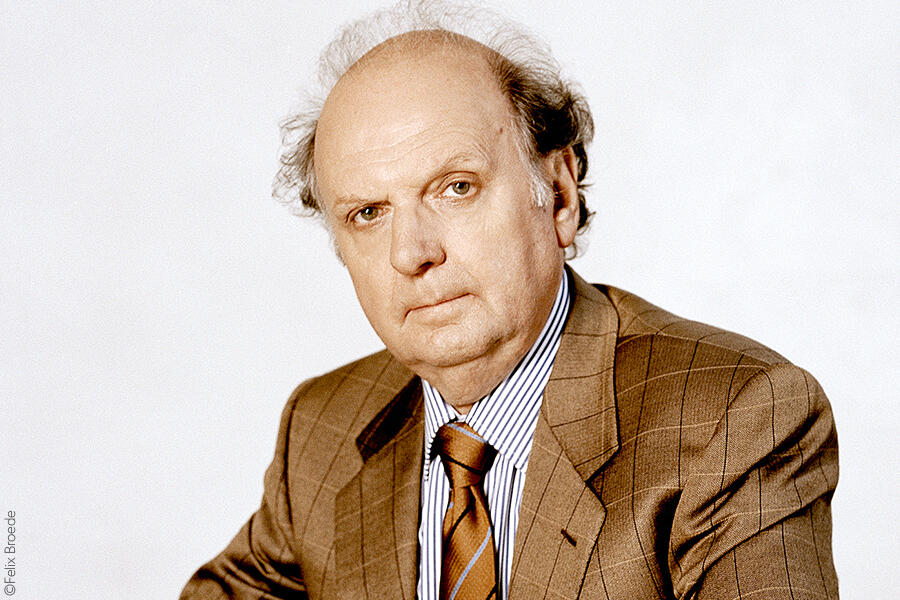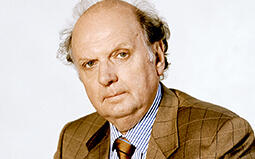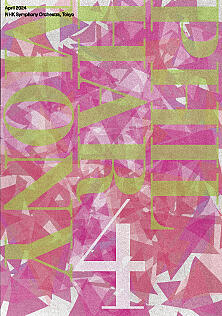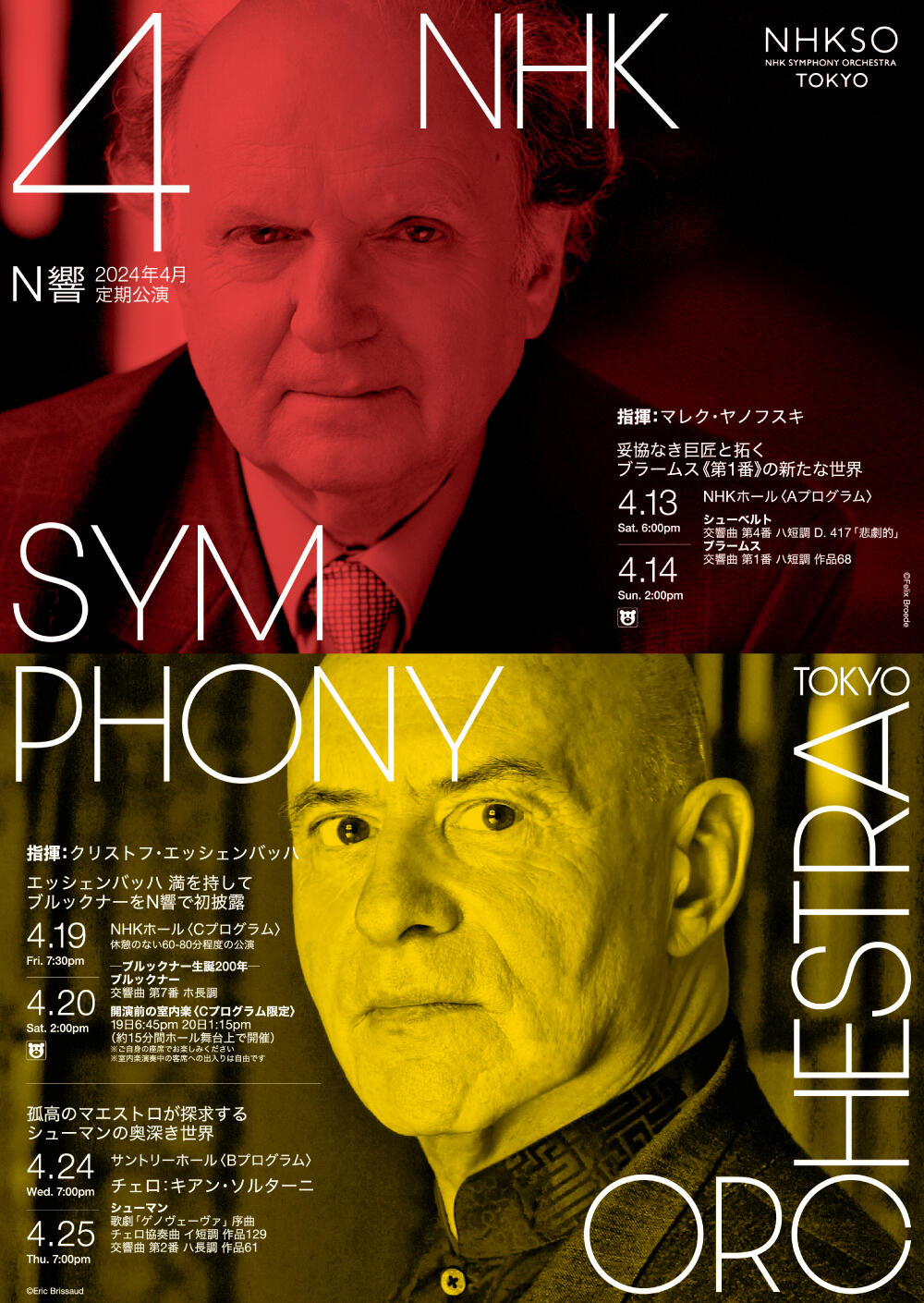- Home
- Concerts
- Subscription Concerts 2023-2024
- Program A
- No. 2007 Subscription (Program A)
Subscription Concerts 2023-2024Program A
No. 2007 Subscription (Program A)
NHK Hall
Google Map Seating Chart

Program
Schubert / Symphony No. 4 C Minor D. 417, Tragische (Tragic)
Ever since Beethoven (1770–1827) unveiled his Symphony No. 5 (Fate) in 1808, C minor’s connection with darkness and anguish has been an unconcealed fact in the symphonic sphere. The German giant of indomitable will led C minor to C major triumphantly in his No. 5 following the spirit of “per aspera ad astra (through hardships to the stars),” which obviously inspired Franz Schubert (1797–1828)’s No. 4 and Brahms’ undermentioned No. 1. Entitled Tragische (Tragic) by Schubert himself, No. 4 is the first of only two symphonies he set in a minor key along with the famous Die Unvollendete (Unfinished) in B minor.
Born in Vienna, Schubert was a precocious musical genius. His family introduced him to music before he enrolled the Stadtkonvikt (imperial seminary), where he studied composition. While in school, he became familiar with Classical works by Haydn, Mozart and Beethoven, and he performed in and conducted the seminary’s student orchestra. He then entered the teaching profession, before composing the Symphonies No. 4 and No. 5 in 1816, his nineteenth year.
No. 4’s opening movement has an ominous slow introduction. The faster main section in sonata form lets strings give the first theme, suggestive of Beethoven’s C-minor String Quartet op. 18-4. The next slow movement is full of Schubertian tunefulness, while the third movement is a scherzo-like minuet with inventive rhythms. The symphony’s finale, as with the first movement, witnesses C minor giving way to C major.
[Kumiko Nishi]
Brahms / Symphony No. 1 C Minor Op. 68
Schubert remained obscure all his life, his abovementioned No. 4 being premiered publicly more than two decades after his death as is often the case with his works. Johannes Brahms (1833–1897), in contrast, leaped into fame overnight at age 20, thanks to the glowing praise for him that the composer and critic Robert Schumann (1810–1856) released to the public in 1853.
Brahms, now a promising composer, began to gestate his first symphony around 1855. However, he felt extreme pressure to extend the symphonic history, which seemed to be already concluded by Beethoven the giant. Also due to his highly self-critical nature, Brahms completed his No. 1 over twenty years later in 1876, on top of that, he revised it next year after hearing the premiere. Everything comes to those who wait: the conductor Hans von Bülow famously applauded it as “Beethoven’s Tenth.” This work indeed shows the greatest respect for Beethoven’s legacy, at once being a veritable “Brahms’ First” of his own voice.
Although a product of the Romantic era, Brahms’ No. 1 has the almost same instrumentation as Beethoven’s No. 5. The austere introduction opens Brahms’ No. 1, stating the C/C-sharp/D motif over timpani pounding. This chromatic three-note motto would recur in diverse forms throughout the symphony following Beethoven’s meticulous motivic development. The absence of minuet/scherzo movement may surprise listeners familiar with the genre of symphony: here Brahms strikes out in a new direction proposing a brief graceful interlude prior to the last movement. The finale’s dark introduction beginning in C minor reaches the C-major “Alphorn melody” blown by horns: from Switzerland, Brahms had sent a birthday card with this melody to his muse Clara (Schuman’s wife) penning below it the following words: “High on the mountains, deep in the valleys, I greet you a thousand times!” The ensuing main sonata section could be likened to a hymn to C major, with the lyrical first theme bearing a great resemblance to Beethoven’s An die Freude (Ode to Joy) tune from his Symphony No. 9.
[Kumiko Nishi]
Artists
 ConductorMarek Janowski
ConductorMarek Janowski
Marek Janowski is a master of German music who is reaching the heights of maturity as he has aged. In 2016, he made his debut at the Bayreuth Festival at the age of seventy-seven, conducting Wagner’s operatic tetralogy Der Ring des Nibelungen. And ever since his appearance at the Berliner Philharmoniker concert for the first time in 23 years in 2017, he has returned almost every year to guest-conduct the orchestra. He is truly a late-matured great talent.
Marek Janowski was born in Warsaw in 1939, grew up in Germany, and studied under Wolfgang Sawallisch at the Hochschule für Musik und Tanz Köln. He served the positions at Freiburg and Dortmund operas, the Orchestre Philharmonique de Radio France, the Orchestre de la Suisse Romande, the Rundfunk-Sinfonieorchester Berlin and the Dresdner Philharmonie, and with the Staatskapelle Dresden, he recorded the complete Ring Cycle in the early 1980s.
He first worked with the NHK Symphony Orchestra in 1985, and since 2014, he appeared with the orchestra at the Spring Festival in Tokyo on Der Ring des Nibelungen, presenting one installment per year, all of which were received very warmly. After the completion, he and the orchestra continued to work on Wagnerian works such as Die Meistersinger von Nürnberg, while at the orchestra’s subscription concert series, he made remarkable achievements by conducting works such as Beethoven’s 3rd symphony Eroica in 2017 and Schubert’s 8th symphony The Great in 2022. Naturally we look forward to seeing how Marek Janowski, known for his uncompromising music-making, will unfold Brahms Symphony No.1 with the NHK Symphony Orchestra.
[Haruo Yamada, music critic]
Download
Ticket
Program A
No. 2007 Subscription (Program A)
NHK Hall
Google Map
Seating Chart
Single Tickets Release Date
Pre-sales for Subscribers:Wednesday, February 28, 2024
*about subscribers
Sale to General Public:Sunday, March 3, 2024
Price
| S | A | B | C | D | E | |
|---|---|---|---|---|---|---|
| Ordinary Ticket | 9,100 | 7,600 | 5,900 | 4,800 | 3,800 | 2,000 |
| Youth Ticket | 4,000 | 3,500 | 2,800 | 2,100 | 1,500 | 1,000 |
Seating chart Enlarge Print PDF
*tax included
*Subscribers receive a 10% discount (Available at NHKSO WEB Ticket and N-Kyo Guide)
*For wheelchair-accessible seats, please refer to the N-Kyo Guide
Youth Tickets
Youth Tickets are great options for those of 25 years old and younger
Subscription tickets
Release Date
ANNUAL SUBSCRIPTION TICKETS
Mon., July 17, 2023 10:00am
[For Subscribers: Sun., July 9, 2023 10:00am]
SEASONAL SUBSCRIPTION TICKETS (SPRING)
Fri., February 16, 2024 10:00am
[For Subscribers: Wed., February 7, 2024 10:00am]
For further information and
subscription application
Other Ticket Agents
Broadcast
 NHK-FMNo. 2007 Subscription (Program A)
NHK-FMNo. 2007 Subscription (Program A)
Thursday, Apr 18, 2024 7:30PM - 9:10PM
Program:
Schubert / Symphony No. 4 C Minor D. 417, Tragische (Tragic)
Brahms / Symphony No. 1 C Minor Op. 68
Conductor:Marek Janowski
Recorded:April 13, 2024 NHK Hall
*Repertoire, conductor, soloists and program order are subject to change without notice.
*Pre-school children are not allowed in the concert hall



